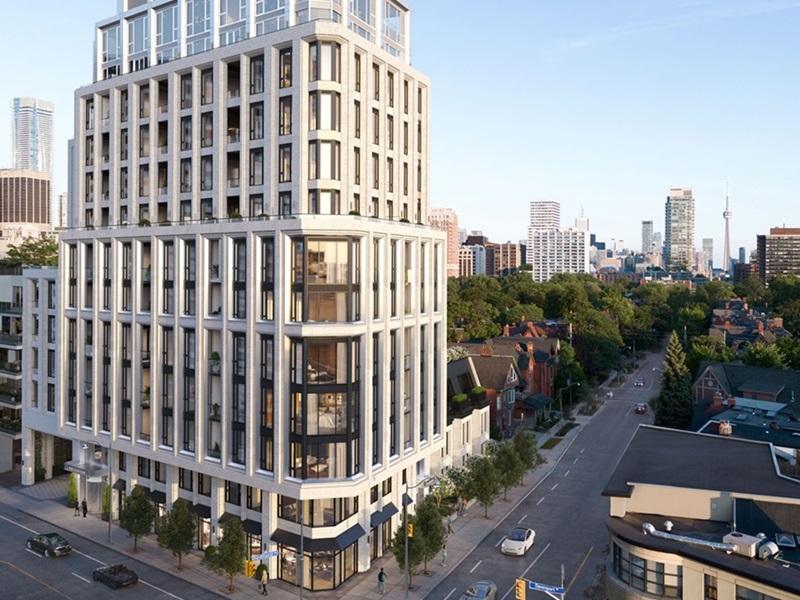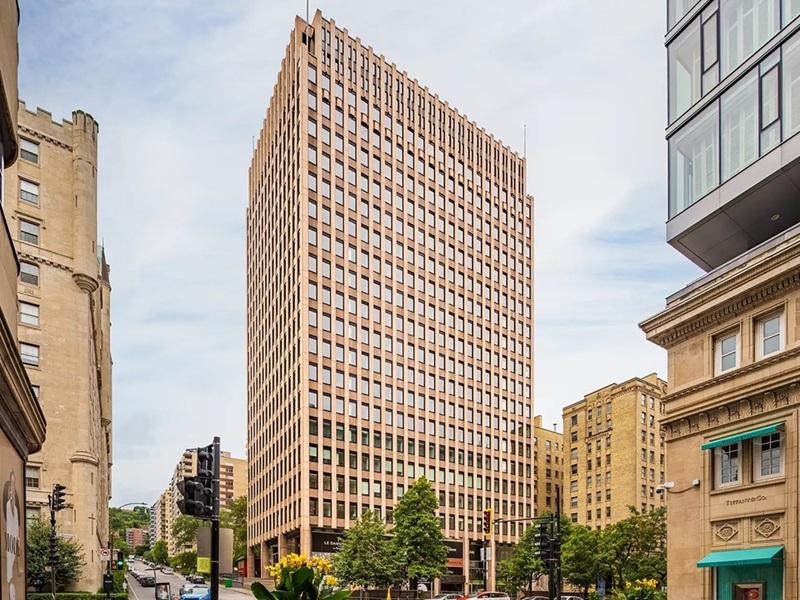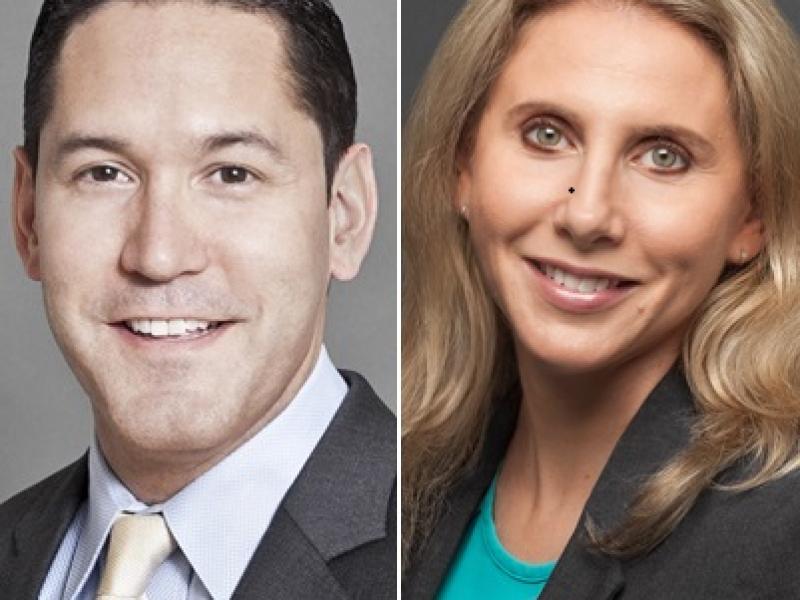
Terry Bishop, president of Property Tax Canada at Altus Group. (Courtesy Altus Group)
As tenants face the challenge of paying rents, building owners, particularly those with hard-hit retail spaces, have had to consider options in order to cover their own costs. These include property taxes that have soared over the years in major cities such as Vancouver.
The owners with mortgages are in a particularly challenging spot.
“It’s a tough situation for everybody involved,” said Terry Bishop, president of Property Tax Canada at Altus Group. “Generally, landlords are looking to support their tenants and preserve the businesses and jobs that they can. It’s in their best interests to do that.
“But, a lot of them are conscious about their own cash flow, so they are trying to be prudent about what they do, and to do their due diligence before deferrals or abatements of rent.”
Bishop has had discussions with many clients since the crisis began, including owners of apartment buildings and retail, hotel and industrial properties. Those with tenants in financial crisis typically want to ensure the businesses were in good shape prior to the pandemic, that the businesses truly need help and that tenants have looked into claims for business interruption insurance, as well as government stimulus programs, said Bishop.
Commercial rent assistance program
Those government programs continue to roll out. The federal government recently announced a new Canada Emergency Commercial Rent Assistance program to help small businesses pay rent for April (retroactively), May and June.
It will provide loans to commercial property owners who give tenants a reduced rent, or forgo the rent entirely, for those three months. According to the government website, some loans will be forgivable.
A big part of a tenant’s lease includes the tax bill, which is calculated by multiplying the assessed value by the tax rate. If in an area with strong redevelopment potential, policies to tax at the rate of the “highest and best use” of the property has meant major tax increases in recent years.
In B.C., the province has already clawed back the school portion of property taxes by 50 per cent, for a commercial property tax savings of about 25 per cent. Bishop, who’s based in Toronto, said B.C. so far is the only province to offer a break on property taxes.
The Urban Development Institute is lobbying for governments to extend the due date for property taxes until the lockdown is over. Vancouver council is considering a two-month deferral to Sept. 2.
If a responsible tenant is experiencing financial hardship, the owner will usually first offer a rent deferral, and then possibly an abatement, said Bishop. It’s an extremely complicated process, however, fraught with challenges for both sides.
“The challenge they have is that if the landlord defers the rent they collect, it doesn’t make their expenses go away,” he said.
“Property tax is probably the largest component of rent that the tenant has to pay and municipalities typically aren’t abating property taxes. So, the landlord is still faced with the property tax bill they have to pay and the mortgage obviously.”
Tenants, owners, lenders are in this together
There’s the added complication that if an owner wants to defer or lower rents, they have to check with their lender, or it could be a breach of their mortgage agreement.
“You really have to get the mortgage lender on side, either to defer mortgage payments or allow them to defer rent for tenants. So, they are in kind of a tough spot when it gets to that,” said Bishop.

Tony Letvinchuk, managing director, Macdonald Commercial Real Estate Services. (Courtesy Macdonald Commercial)
It means tenant, owner and lender are in it together, said Tony Letvinchuk, managing director, Macdonald Commercial Real Estate Services.
Many building owners have more than one tenant. If several tenants on a fully mortgaged property stop paying rent, it quickly puts the owner into a negative cash flow position.
“In my conversations with retail landlords in B.C., they are looking for lenders to defer in some way the monthly mortgage interest and principal payments for a few months,” said Letvinchuk, “and generally speaking, lenders are supportive of such requests.
“But just like with the landlord and tenant rent relief conversation, it’s very much on a case-by-case basis.”
Conservative CRE lending practices
The good news for many tenants is banks had already adopted a conservative commercial lending practice, partly due to online shopping, he said.
“On the mortgage front, because of our strong banking system and careful lending practices, it means that for the most part, retail properties are not over-leveraged,” said Letvinchuk.
“Lenders have already tightened their loan criteria on retail properties as a result of the changing retail landscape, due to online shopping.”
However, there are many unknowns.
“There’s lots of goodwill amongst the retail stakeholders, but there will be fallout — it’s way more textured than pitting landlord against commercial tenant. Considerations for all are highly complex and we are in uncharted waters on numerous fronts.”
As for the new government rent relief program, Letvinchuk said it offers some hope.
“The difficulty for our much-needed small business sector is that store closures were so abrupt and there is just not any certainty as to when and how businesses will re-open,” he said.
Letvinchuk said many business owners need more information on what a gradual return to business will look like amid social distancing rules. They’ll also need a timeline of when they can reopen.
“Only then will many of our vital small business owners have confidence to stick with commercial lease commitments, even if there is some help with the rent.”







